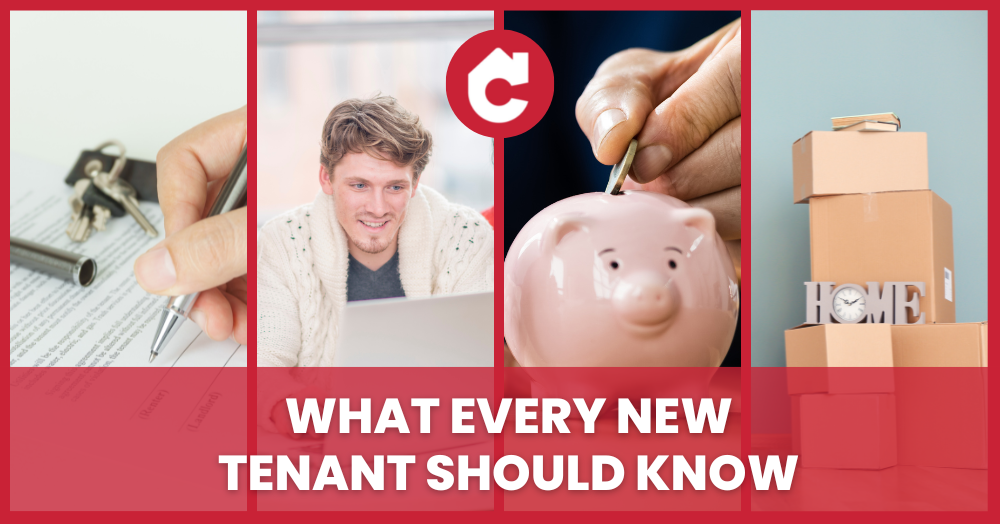Step 1: Budget
Have you planned your finances? Do you know what you
can afford every month? Have you saved enough for a deposit?
Remember, it’s not just rent you must pay; you also
need to budget for utility bills and council tax (unless they’re included in
the rent), food and travel. Also, when you move in, you’ll have to pay for a TV
licence, broadband installation and contents insurance.
Step 2: Search
If you know where you want to live, research the
types and prices of available properties. Think about whether you want to move
into a flat share, an HMO, or a place just for you. Speak to a local letting
agent to discuss what’s available.
Be ready to move quickly once you’ve found a
property, as the rental market can be competitive.
Step 3: Understand your tenancy agreement
Once you’ve found a place, you’ll need to sign a tenancy
agreement. This details your rights and responsibilities as a tenant, your
landlord’s responsibilities towards the property and you, notice periods and
the rental amount. Keep a copy of this throughout the tenancy period.
Your deposit will be held in a tenancy deposit scheme,
which means it’s protected. It will be returned to you at the end of the
agreement if there are no disputes around the property’s condition.
Step 4: Moving in
Before you start lugging boxes into your rental, you
should be provided with an inventory. This details the condition of the
property and any furniture or fittings. Make sure you look at this closely.
Tell your agent/landlord if there are any discrepancies between the document
and the property’s actual condition. Sign it and keep a copy.
Check that there are working smoke alarms and carbon
monoxide detectors. This is a legal requirement. Make sure you know about any
fire exits or safety points.
Step 5: Landlord details
Your tenancy agreement will contain your landlord’s
contact details. It is the landlord’s duty to maintain the property, for
example, if the oven stops working or the toilet starts leaking. However, if a
lightbulb goes out but it was working when you moved in, that’s for you to
replace. Similarly, if you cause any damage during the tenancy, it’s up to you
to sort it out.
However nice your landlord is, remember, they’re not
your friend. It’s a business relationship. Renting a property is a transaction.
So, keep interactions polite and professional.
If you’re searching for your first rental, our team
will be happy to help. Contact Mrs Kelly Beak on 01843 234771 today.
Please Click Here to link seamlessly to hundreds of interesting community and property-related articles, videos, and pictures on our local blog/property insights page, Thanet coastal interactive tour, Up to date latest properties for sale and to rent, and much, much more.
Before you go we would love you to comment or like this article.
Please feel to give your thoughts, helpful comments or even suggestions of articles you would like us to write about.

